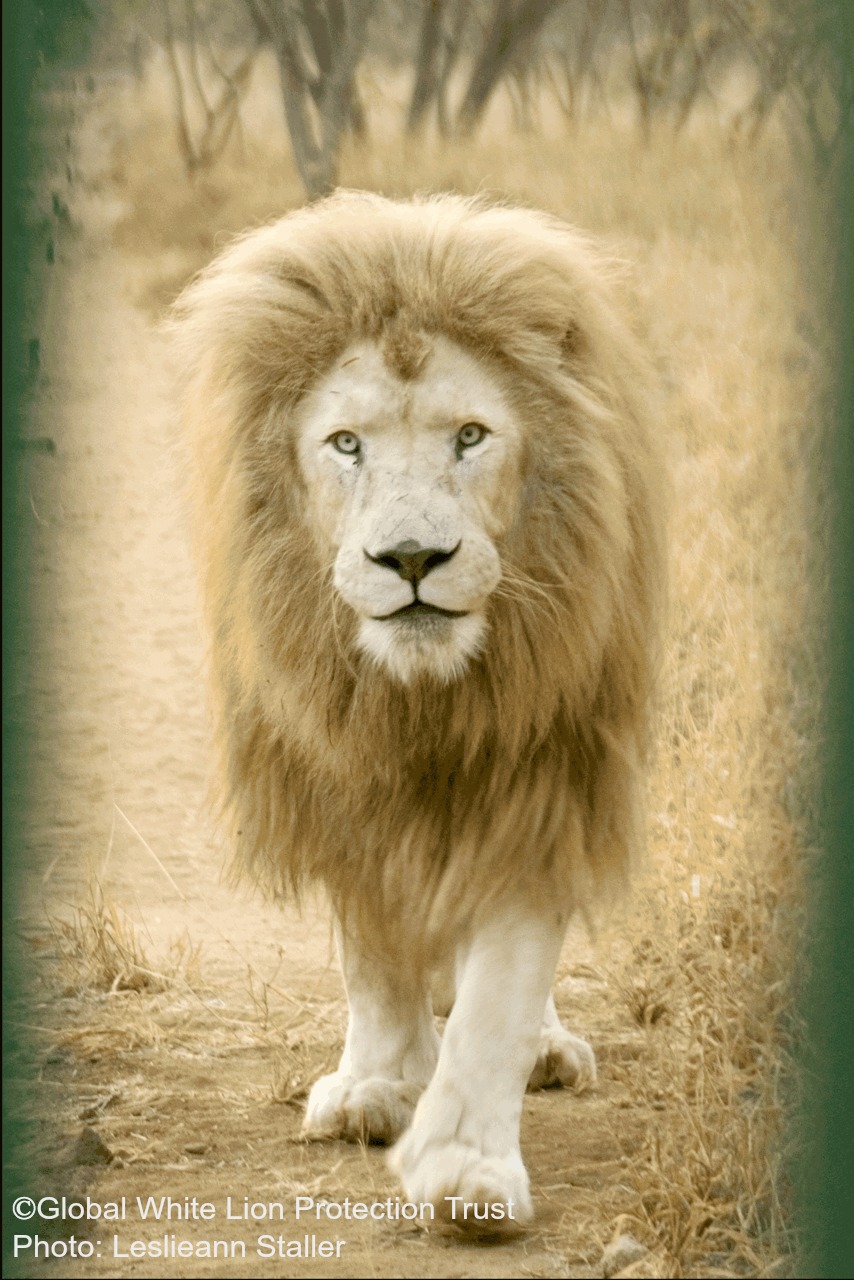GARDEN ROUTE NEWS - Intuitive Interspecies Communication (IIC) - communication between different animals to create a better world - is set to become an accepted practice globally.
Wilderness resident Wynter Worsthorne, a renowned animal communicator, says as an emerging science in co-existing harmoniously with other species, IIC has shown how effective a tool it can be.
Wynter's skill in the field was recently honoured at international level, when she received an invitation to address the prestigious World Biodiversity Forum (WBF) in Davos, Switzerland a few weeks ago.
Her address fell under the theme: Alternative knowledge systems sessions: How IIC can assist with preserving and restoring biodiversity and her talk titled Consulting and co-creating with Mother Nature for positive transformation impressed one and all.
 Wynter Worsthorne presenting at the World Biodiversity Forum 2024 in Davos, Switzerland.
Wynter Worsthorne presenting at the World Biodiversity Forum 2024 in Davos, Switzerland.
A pioneer in the field of ICC in South Africa, she has been working as a professional animal communicator since 2001 and has dedicated her life to helping humans and other animals understand each other on a deep heart-to-heart and soul level.
Wynter spent four years working with domestic animals and their owners in the UK, honing her skills, before returning to South Africa in 2005 to focus on African wildlife.
She says when we view Mother Nature as not just another stakeholder, but as an expert in the needs of nature, we can collaborate with her to achieve transformation for harmonious coexistence between the human species and all others.
Living in peace
A few examples that Wynter shared include how communicating with baboons restored peace in their relationship with human neighbours and how an awareness of an elephant's needs, coupled with a shift in human perception, led to a peaceful resolution in a private reserve. She also showed how a wild African Grey parrot and one bred in captivity, could give advice on saving their species.
She says not only does nature listen to humans, but it responds clearly and concisely.
Wynter’s presentation illustrated how, by transforming our way of thinking and interacting with the natural world, we can positively influence life on earth, repairing, regenerating, and rebalancing to correct past mistakes.
Protecting biodiversity has posed a daunting challenge, often leaving a feeling of hopelessness. Wynter says nature demonstrates that by acting in service to her, we can overcome this challenge with grace, beauty, and, above all, love.
Continuing on the theme of her talk was a session on alternative knowledge systems where PhD students from the University of Saskatchewan, Canada, presented their research on IIC. Professor Lynne Shannon of the University of Cape Town and Professor Sarah Abott of the University of Regina, Canada also made presentations.
Wynter says the subject was incredibly well received at a forum that has always been reserved for the sharing of scientific, academic knowledge.
Animaltalk Africa
In 2005 Wynter founded the public benefit organisation, Animaltalk Africa, which is dedicated to transforming relationships between humans and other animals. Its vision is a world of harmonious co-existence. Wynter says being able to communicate with animals is an innate skill we are all born with.
"This skill is forgotten as we grow up and taught to ignore our hearts and intuition. But it does not take much for us to remember and re-learn how to communicate on a heart level with all beings," she says.
Wynter started teaching people how to do this in 2003. Today, Animaltalk Africa has an online academy offering courses from introduction to professional level. Recently, Animaltalk Africa partnered with Ubiquity University to offer a post-graduate course in IIC.

Animaltalk Africa is also a founding member of the Wildlife Animal Protection Forum South Africa, and sits on the South African government’s Wildlife Well-Being Forum. In addition, she supports the non-profit, public benefit organisation Global White Lion Protection Trust, facilitating virtual journeys and using her animal communication skills.
She also works with other wildlife organisations assisting with all species.
Keep Wilderness wild
Wynter moved to Wilderness with her husband, Simon, in 2022. Here they have manifested their dream lifestyle by living in an eco-friendly cob house deep in the forest, with the monkeys, baboons, bushbuck, caracal and many more wild friends as neighbours.
Wynter and Simon are both passionate about keeping Wilderness wild, and are greatly concerned about what they say is the rapidly increasing unsustainable development of this pristine area, seemingly for human need only with very little consideration for the survival of nature. They believe there is another way, one where we can all thrive together, if only we start listening to the other beings that we share the earth with.
To learn more about IIC and Animaltalk Africa, visit www.animaltalkafrica.co.za .
 The author of this article, freelance writer and professional house- and pet sitter, Thomas Duane Hodgson, is passionate about animals and a huge supporter of animal therapy.
The author of this article, freelance writer and professional house- and pet sitter, Thomas Duane Hodgson, is passionate about animals and a huge supporter of animal therapy.
‘We bring you the latest Garden Route, Hessequa, Karoo news’
















